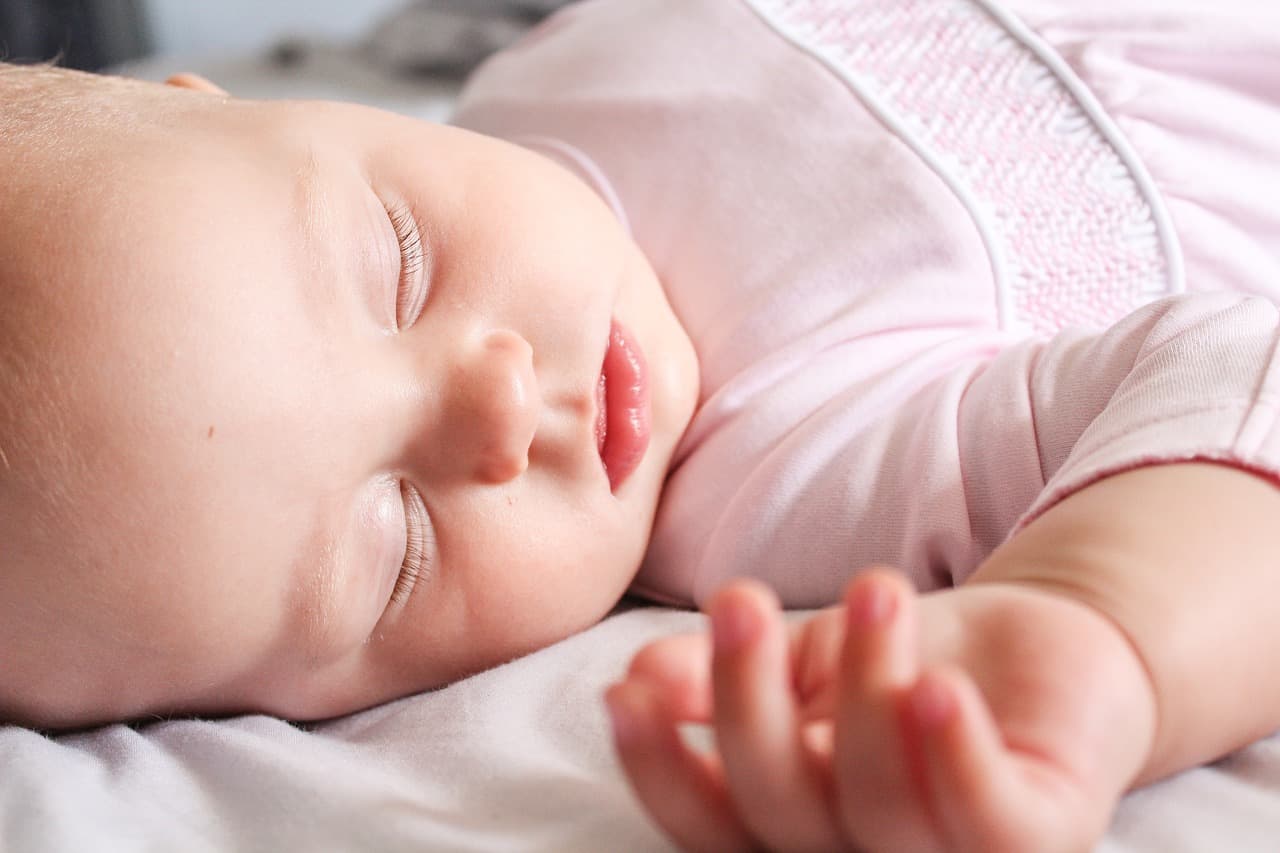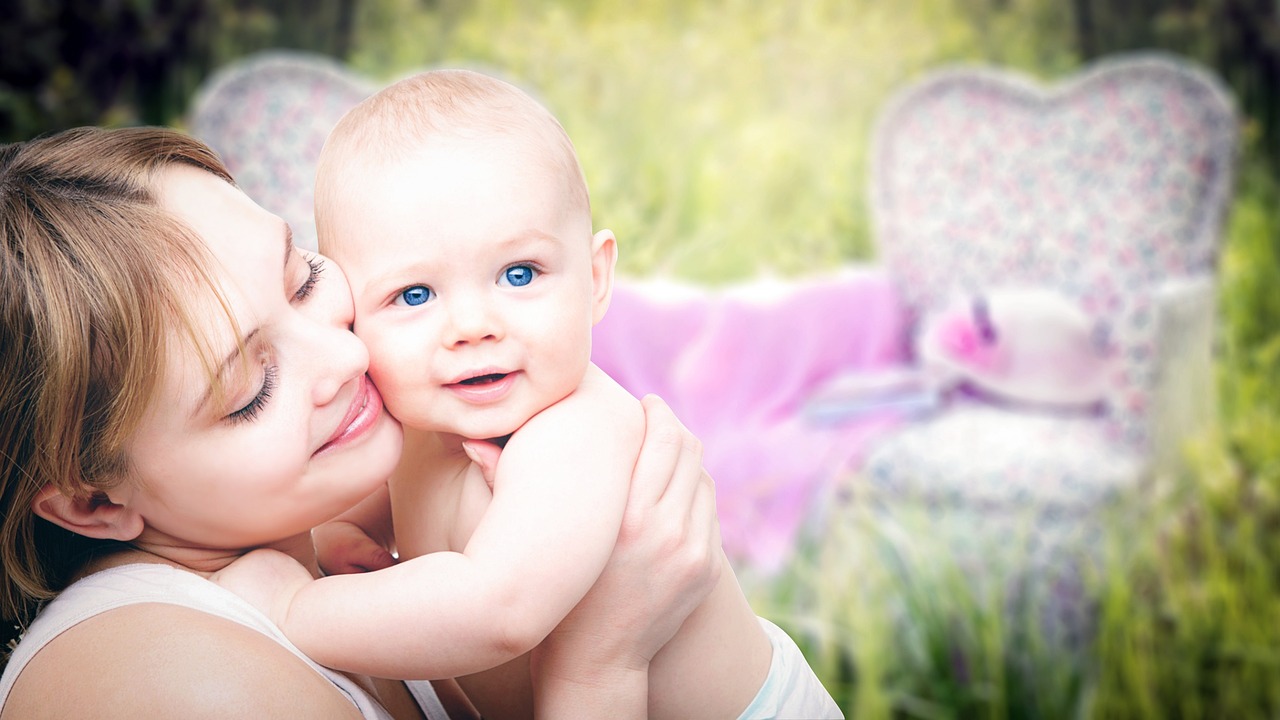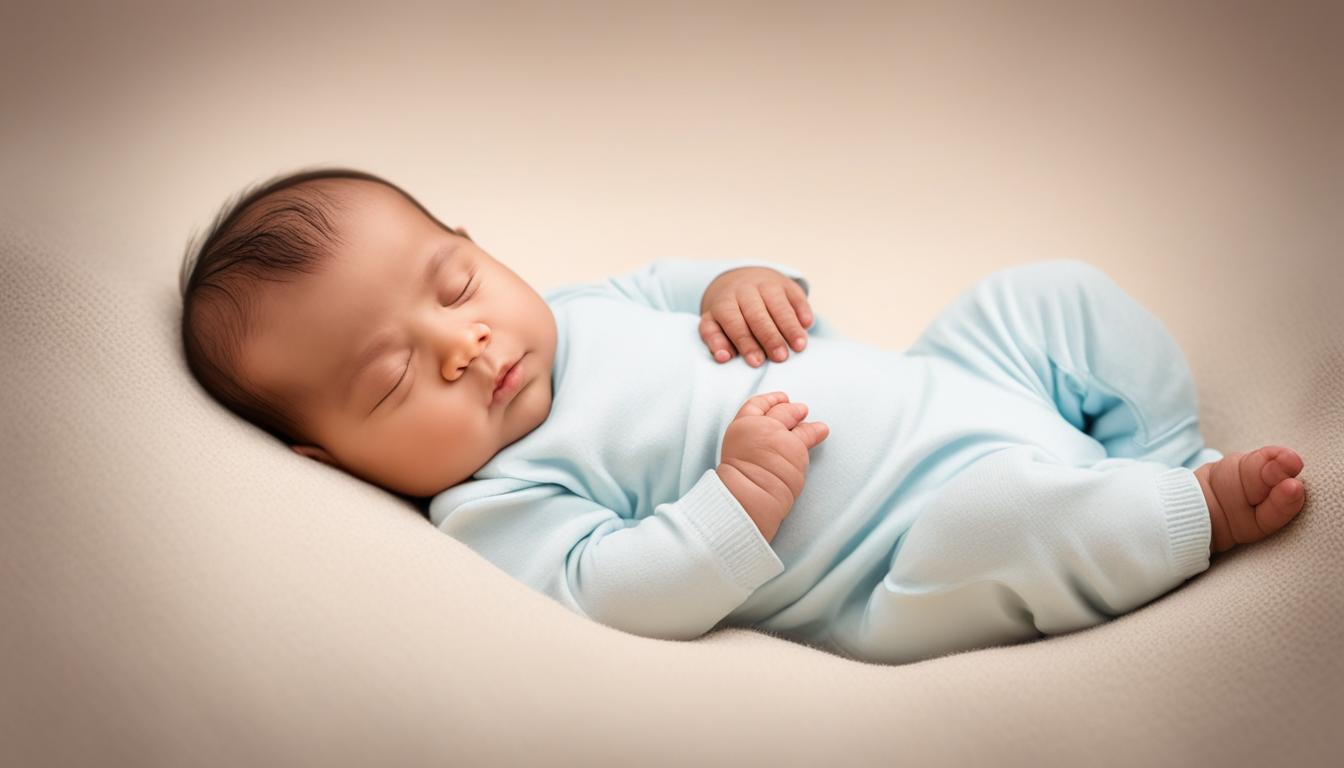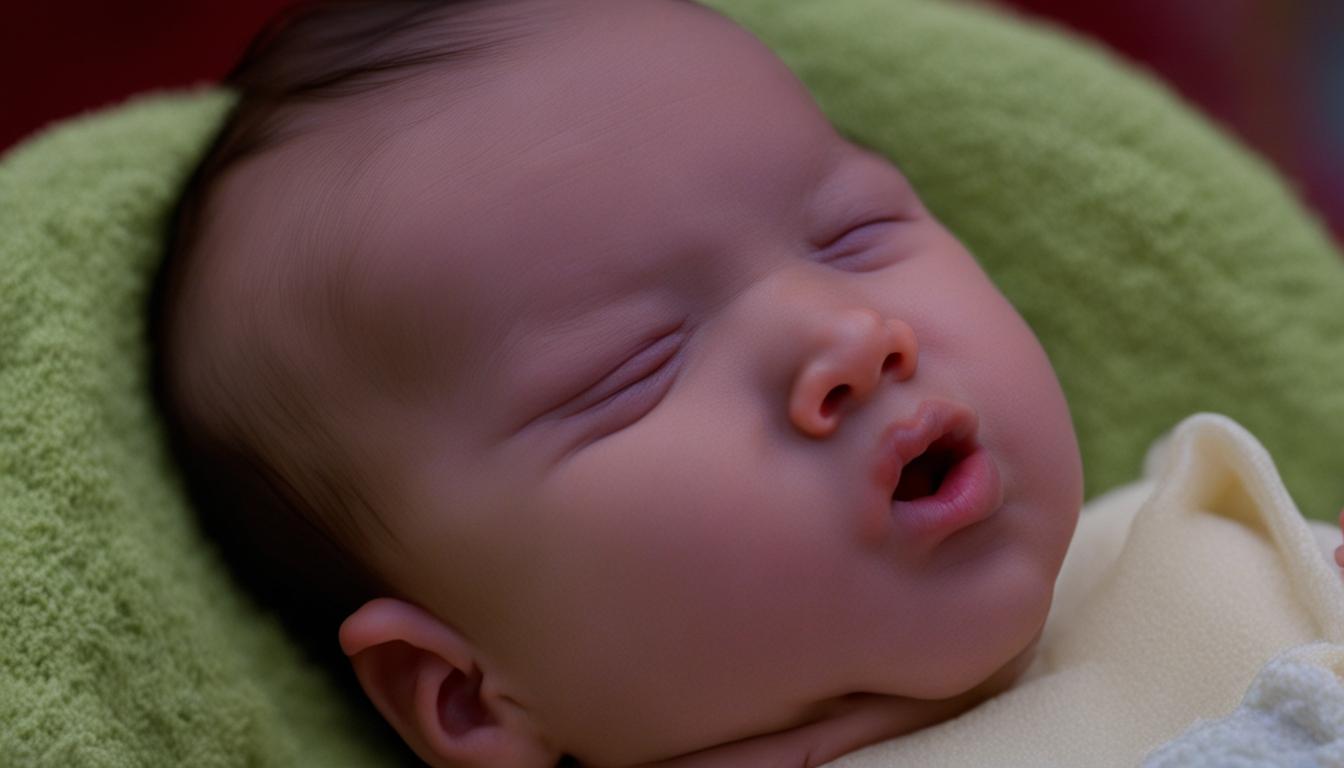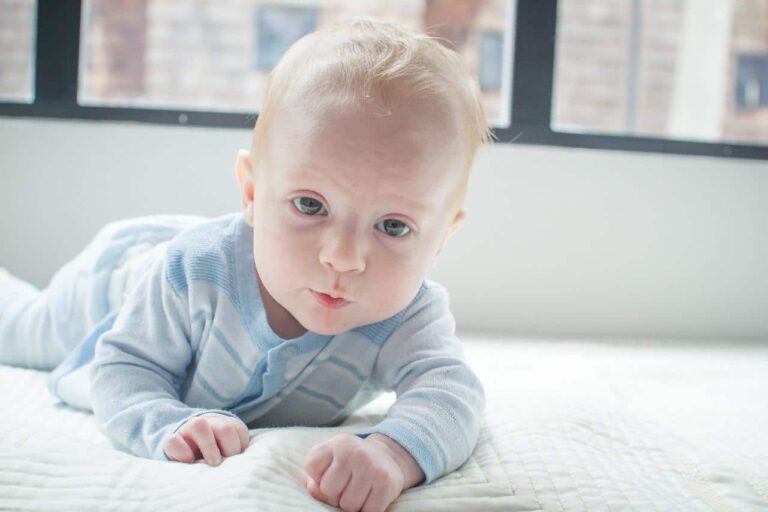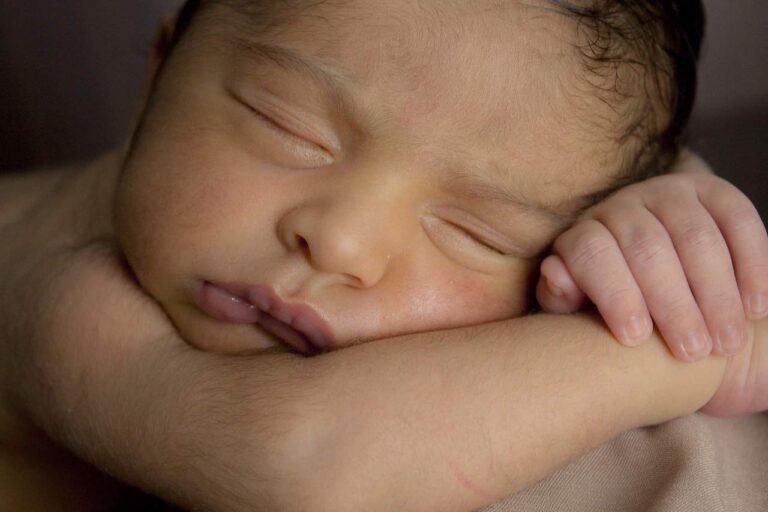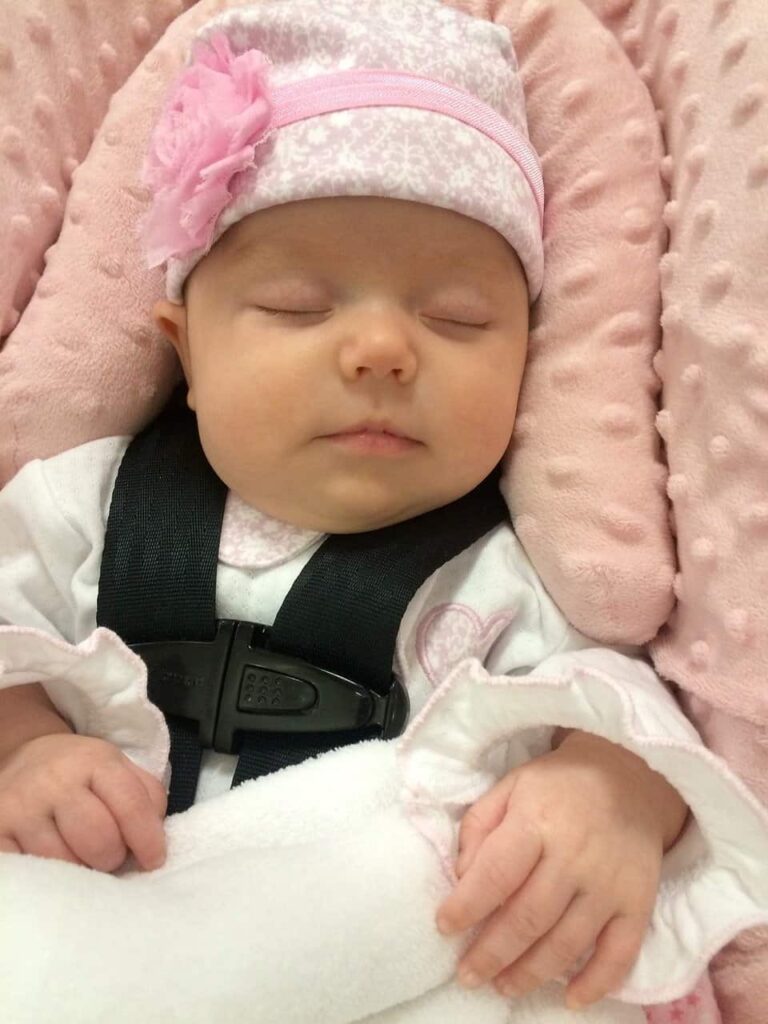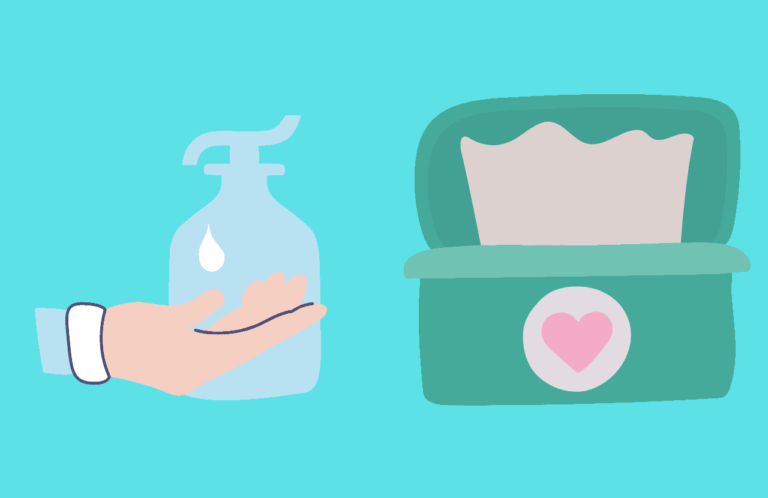What to do When Baby Gasps for Air When Sleeping
A lot of things can happen while your baby is asleep. During their early years (at around 2 to 3 months), babies need about 14-17 hours of sleep every day. Sleep is an important part of a baby’s growth and development, so don’t expect them to do much at the start of their life.
Babies undergo two kinds of sleep: active sleep and quiet sleep. Active sleep is characterized by movement and noise making. During this form of sleep, babies are easier to wake up,
Meanwhile, quiet sleep is how we imagine newborns sleep. They’re peaceful, unmoving, and breathing regularly.
While it’s normal for babies to make some sounds while sleeping, they can sometimes be alarming. Parents might witness their baby gasps for air when sleeping. It can be worrying, especially for first-time parents.
Breathing problems in babies can occur, and they sometimes happen while they are asleep. There are many possible causes for air gasping while sleeping.
Today, we’re looking through three possibilities and how you can remedy them. Here’s how you can improve your baby’s sleep quality and treat their breathing problems.
What Can Cause Breathing Problems in Infants?
Babies have a different breathing pattern compared to adults. Babies breathe faster and in rapid intervals, with a rate of 40 to 60 times per minute. This rate will slow down to around 30 to 40 while sleeping.
Babies can have some changes in their breathing. Some serious signs include coughing, changing skin color, and flaring nostrils. Gasping and grunting are also red flags.
Sleep apnea, laryngomalacia, and gastroesophageal reflux disease (GERD) are three common reasons for breathing problems in babies. Fortunately, there are remedies available for each problem,
Sleep Apnea
First, let’s talk about sleep apnea. This is a common cause of breathing disturbance while sleeping. It is a chronic condition caused by a partial or complete blockage of the airway.
Sleep apnea can occur at any stage of childhood. Tonsilitis, adenoiditis, obesity, and facial anatomy can all contribute to sleep apnea. There are also other causes, such as genetic disorders, neuromuscular disorders, and even tumors.
Gasping for air is one sign of sleep apnea. But snoring, mouth breathing, and fatigue are also signs as well. Over time, sleep apnea can greatly affect a baby’s development and sleep quality.
Treating sleep apnea requires different tests, like a physical exam, sleep study, and visual examination. These tests can help doctors find the cause of sleep apnea and provide appropriate treatment.
Laryngomalacia
Laryngomalacia is another common condition. It’s when the tissue of the larynx (voice box) is so soft that it falls into the airway. This creates a noise whenever your newborn breathes.
Laryngomalacia symptoms can occur right after birth. Those symptoms include noisy breathing, choking, and pausing while breathing during sleep. They sound very worrying, but babies can overcome laryngomalacia after 9-18 months.
However, some babies don’t outgrow laryngomalacia. An estimated 15-20% of infants are required to have surgery to correct their voice boxes. Surgery is done in case of symptoms worsen or become uncomfortable.
Gastroesophageal Reflux Disease (GERD)
Lastly, there is gastroesophageal reflux disease (GERD). GERD is a chronic form of acid reflux, and it has a great impact on a baby’s sleep. GERD is often linked with sleep apnea.
GERD can occur at any age, from infancy to adulthood. Common signs of GERD found in babies include spitting, vomiting, gagging, and regurgitating food.
GERD can cause sleeping problems because of acid traveling upwards from the stomach. This can mean a lot of discomfort and loss of sleep for your baby. The best action is to bring your child to their pediatrician for treatment.
There are other possible causes of breathing problems in your baby. But these three are the most common reason why they might make noises while sleeping.
It’s important to ask for your doctor’s advice when it comes to treating any problems. But while your baby is undergoing treatment, you can help them feel more comfortable while resting.
5 Tips for Better Sleep
Your child’s bed and sleeping position can play a big role when it comes to rest. These tips can help lessen breathing problems while your infant sleeps.
1 Keep an Eye on Your Infant While They Sleep
Keep an eye on your baby while they sleep. In fact, if you can, put them inside your room. This can make it easier for you to observe any signs like odd noises or extra movements.
2 Always Put Your Infant on Their Back
Make sure your baby always lies down on their back, not on their belly or side. This can make the flow of air to and from their body easier. Plus, this lowers the chance of other conditions, such as sudden infant death syndrome (SIDS).
3 Use a Firm Mattress
Babies require a firm mattress for their crib or bassinet. A harder mattress is better support for a baby’s growing spine and bones. This can also help them sleep move comfortably.
4 Keep Your Baby in a Cool Environment
A hot environment can make sleeping very uncomfortable for your infant. Keep them cool and avoid too many layers.
5 Give Your Baby Enough Space in Their Crib
Lastly, put aside their toys, blanket, pillows, and crib decorations. Babies need ample space to sleep in. Extra items can cause suffocation if they fall on your infant.
Conclusion
Breathing problems can be something alarming for any parent. Babies can have problems such as gasping for air or coughing. And these symptoms can also occur while they sleep.
There are many causes of breathing problems while sleeping. Some babies might be suffering from sleep apnea, while others merely have an undeveloped voice box. Either way, serious cases will require serious medical attention.
As parents, you can also help your baby feel cozier while in slumber. Putting them in the right position and watching over them can benefit your infant.
Fortunately, with proper care and diligence, your baby can have a peaceful night’s rest. And if the baby is sleeping peacefully, so will mommy and daddy.

